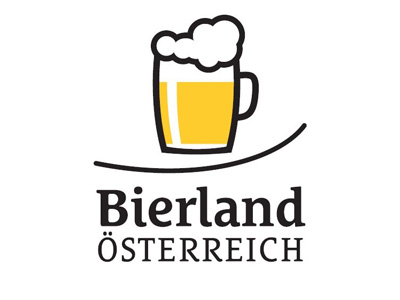
Independent review of issues related to alcohol consumption in Europe
- advocate
- 01/06/2016
- 1803
- State of play
This report aims at providing a better understanding of areas for which there appeared to be conflicting views or ambiguity in the scientific literature in 2006 (European Cultural Differences and Alcohol Consumption; Total Consumption of Alcohol and Drinking Patterns: Implications for Harm; Risks and Benefits of Alcohol Consumption: The Role of Moderate Drinking; Adverse Social Consequences of Alcohol Consumption; and Influences on Adolescence Drinking.)
Main Conclusions and Recommendations
A Literature Review was processed. An Expert Panel was then created that met and produced a report, containing conclusions and recommendations.
The panel arrived at the following conclusions and recommendations to which they all agreed.
- Main Conclusions
- The panel concluded that the report was very good. All agreed that it was fair, balanced, up-to-date and representative of the literature on the issues reviewed, subject to comments that more material since 2003 could have been included and some additional references to important older papers could have been included as well.
- European Union (EU) wide policies with respect to responsible use of alcohol are neither called for nor expected to work. There was an added concern that the introduction of EU policies that are not evidence-based will incur a major risk in reducing appropriate use with its associated societal benefits.
- Any EU policies on alcohol-related harm should be formulated and implemented taking into account regional, national and local differences in the use and misuse of alcohol.
- While it is well recognized that there are problems associated with alcohol abuse, such as foetal alcohol syndrome and liver cirrhosis, the data show that there are no health hazards associated with the appropriate use of alcohol. When taking the social cohesion aspects into account, there are significant overall benefits associated with its moderate consumption.
- The panel expressed concern with a tendency to attribute the effects of alcohol abuse to all drinking patterns and the likelihood of this leading to the development of inappropriate EU alcohol policy.
- Subsidiary Conclusions
- The panel expressed concern at the direction taken in much of the research and the poor quality of many of the studies, making the formulating of EU-wide policy inherently risky.
- The panellists were in consensus that there is not sufficient evidence to infer that alcohol is the major cause of societal problems such as violence or inappropriate adolescent behaviour. While more information could be collected or data from other sources analysed, doubt was expressed as to whether this additional research could fully determine if alcohol is a major cause of such behaviour.
- Recommendations
- Policy initiatives must be evidence-based and demonstrate clear clinical cause and effect linkage.
- Additional, quality, well-designed research could be conducted in the areas where there exists scientific uncertainty in order to elucidate more reliable evidence.
- Alcohol policy initiatives should be developed in a wider context in order to understand the social, cultural and economic drivers that have prompted the recent push to enact alcohol control policies.










